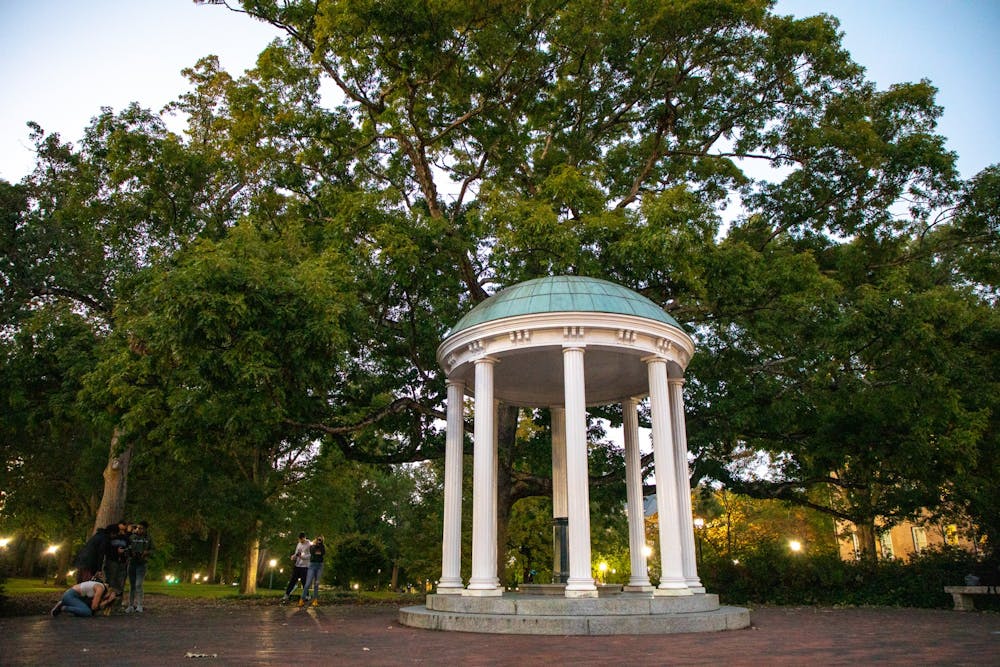On Nov. 1, Derek B. Kemp, associate vice chancellor for campus safety and risk management, sent every UNC student a survey to give feedback on UNC Police.
The survey, billed as a “Customer Service Survey,” ranges from benign questions about their website, more insidious questions about the adequacy of police officers’ visibility on campus and patently ridiculous questions about whether changing officers’ uniform color might make them more approachable.
A version of the survey is sent to students and employees roughly every three years and is designed in conjunction with the Office of Institutional Research and Assessment.
"We value the input of our students, faculty and staff and hope they will take the time to share their thoughts and perspectives, which will help UNC Police better represent and protect the entire Carolina community," Kemp said in an email statement.
But questions from UNC Police on their presence and programming assumes they play some kind of beneficial role for students and staff, and that, with improved service and trust, could make the University safer.
These same assumptions underlie the now-defunct Campus Safety Commission, created by Chancellor Kevin Guskiewicz in 2019 to address a “crisis of trust” between campus police and the larger community. The commission dissolved earlier this fall after seeing its efforts consistently undermined by decisions beyond their control.
In the commission’s final report, released this past summer, the members wrote that transformative justice concepts, “like a Mental Health Taskforce Response team, demilitarizing campus police, and other alternatives to police presence are supported overwhelmingly by students of color.”
Even this commission, tasked with building trust between police and community members, found that the best solution was simply getting rid of the police.
This is the flaw in UNC’s approach to police reform. It assumes UNC Police can be reformed and will one day be beneficial to this campus. The reality is, the role UNC Police plays has always been a safety threat to students and staff of color — especially those who are Black. This reality is reflected in the published results from the 2018 Police Department Customer Service Survey, which found that respondents of color reported feeling less safe on campus and less comfortable approaching police officers on campus than their white counterparts.




